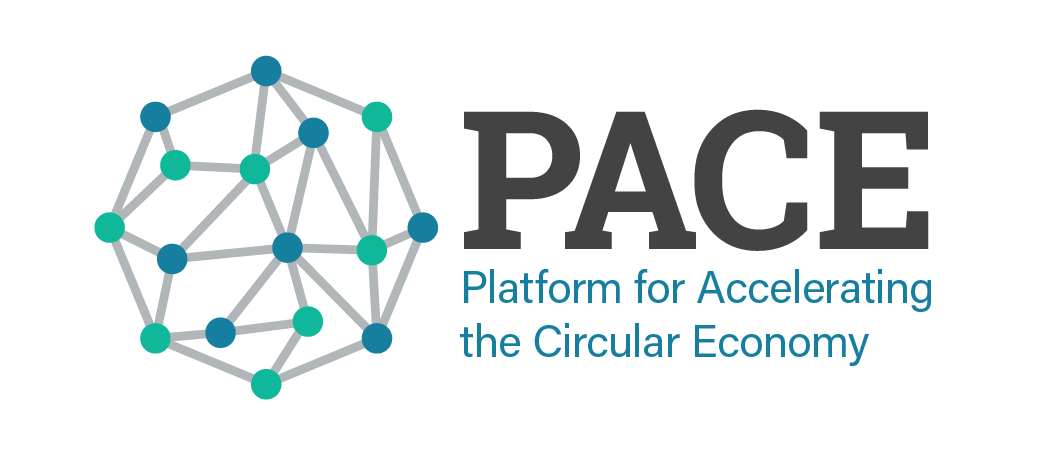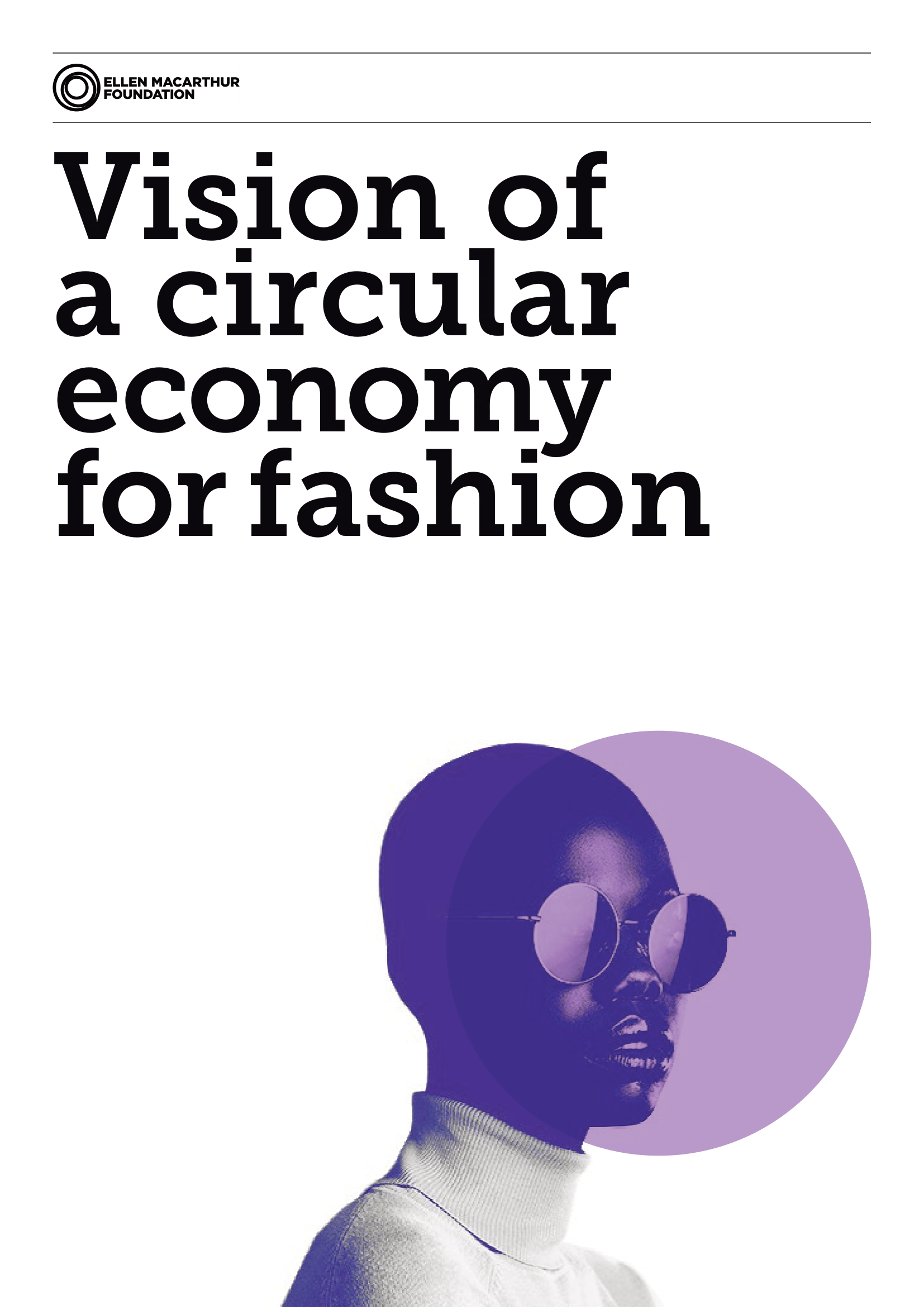Make Fashion Circular
This Action aligns with the following Calls to Action from the Circular Economy Action Agenda for Textiles:
1. Incentivize and Support Design for Longevity and Recyclability
3. Encourage the market to use less clothing, and for longer
2. Produce Virgin Natural Fibers Sustainably, Including Land Use
Location
Global
Led by
The Ellen MacArthur Foundation, an international charity, committed to the creation of a circular economy that tackles some of the biggest challenges of our time, such as climate change and biodiversity loss. Driven by design, a circular economy eliminates waste and pollution, keeps products and materials in use, and regenerates natural systems, creating benefits for society, the environment, and the economy.
What’s the ambition behind Make Fashion Circular?
Launched in May 2017 by the Ellen MacArthur Foundation, Make Fashion Circular brings together leaders from across the fashion industry to work with cities, philanthropists, NGOs, and innovators. Make Fashion Circular is leading international efforts to stop waste and pollution in fashion by creating a circular economy for the industry, where products (apparel, footwear and accessories) are used more, are made to be made again and are made from safe and recycled or renewable inputs.
Why is today’s textile industry problematic?
The Ellen MacArthur Foundation report, A new textiles economy: Redesigning fashion’s future, identifies the fashion industry’s current take-make-dispose model as the root cause of its environmental problems and economic value loss, including:
- Resource use. 53 million tonnes of clothing are produced annually. More than 97% of the fibre consists of virgin - mostly non-renewable resources, including oil to produce synthetic fibres, fertilisers to grow natural fibres, and chemicals to dye textiles.
- Economic value. Every year, the industry misses out on billions of dollars through clothing that is barely worn, discarded too early and not recycled. For example, more than 73% of used clothes are incinerated or disposed of in landfills leading to USD100 billion worth of materials being lost each year.
- Climate change. Global emissions from the clothing industry amounted to 1.2 billion tonnes of CO2 in 2015. This exceeds the combined footprint of all international flights and maritime shipping.
- Environmental pollution. Textile production not only has a negative impact on the factory workers and their local environment, using plastic-based textiles, such as polyester, also contributes significantly to plastic microfibres leaking into our oceans.
- Societal impacts. People producing clothes often suffer poor working conditions, including long working hours, hazardous work environments and low pay.
How will Make Fashion Circular transform the textiles industry?
Make Fashion Circular brings together leaders from across the fashion industry, including brands, municipalities, NGOs, and innovators behind a shared vision to radically redesign the fashion industry. Projects to date include #WearNext and The Jeans Redesign
The Jeans Redesign
In July 2019, the Foundation’s Make Fashion Circular initiative launched The Jeans Redesign, a project which saw 80 industry experts input on a set of guidelines to create denim jeans aligned with the principles of the circular economy. Two years on from launch, participating brands of The Jeans Redesign have put more than half a million pairs of jeans fit for a circular economy on the market, meeting minimum requirements for durability, traceability, and recyclability, while using safe materials and processes. The Jeans Redesign: Insights from the first two years revealed the barriers, solutions and innovation gaps faced by the 72 brands, retailers, garment manufacturers, fabric mills and laundries. In July 2021, 28 new participants joined the project bringing the total number of participants taking action to redesign jeans to 94.
Partners
Make Fashion Circular brings together industry leaders including Strategic Partner H&M Group and Partners, Inditex, Lacoste, Primark, PVH Corp, and Ralph Lauren Corporation to drive momentum towards the Make Fashion Circular vision and scale solutions globally.
Find out more about Make Fashion Circular here.


